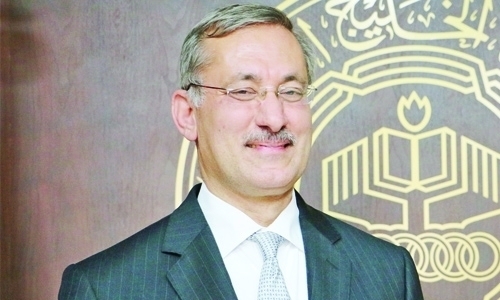World Economic Forum: Global and local innovative strategies
In 2018, the World Economic Forum (WEF) sets the agenda for creating a shared future in a fractured world. WEF represents a global collective voice to articulate a compelling discourse to improve the state of the planet. India, represented by its prime minister, showcased how economies in transition are developing innovative models to enhance competitiveness and productivity. However, during the last three decades, the promise of capitalism is being challenged by Oxfam report 2018 which highlights that poverty gap is widening and the few rich had made over 700 billion in 2017 which can contribute to end global poverty.
Historically, the agenda of the WEF was diverse which includes technological innovations like AI and nanotechnology, and other global trends and risks related to finance, conflict, cybersecurity, gender equity and climate change. Moreover, the notion of 4th Industrial revolution coupled with social media were viewed as possible convergence that are likely to disrupt the social fabric of our societies and cause unintended consequences. Paradoxically, new technologies inform new models of sharing economy by harnessing web-based platform like Uber and Airbnb. However, human capital and organizational learning need to cope with the macro-shifts in technology. In this new digital and robotics era, empathy and social capital are of high value.
The gap between business productivity and technological progress merits attention. New modes of managing human capital are needed to bridge the gap between technology and public policy and to align human resources to marketplace. Although organizations are mindful of the fact that the pace of technological change is faster than human adaptability, there is a limited capacity to address systemic problems in to cope with talent management in a digital era. Managers have to embrace new rules to manage organizations in the 21st century. Some of the key trends include a shift to an agile and networked organization, coping with dynamic and adaptive careers, and utilizing social networking and analytics for talent management.
The key question is how to re-construct a shared future to fix the fractured world. De-coupling resource use and growth, adopting models that enhances sharing economy and de-growth is key for a sustainable future. At the societal level, instilling core ethical family values and protecting human rights, refugees, and end of all forms of occupation and discrimination is the bedrock for human dignity. At the ecological arena, it is imperative to make a transition to renewable energy and clean production. The GCC is a key player in this re-construction of the world. For example, initiatives like the new Silk Road and eco-cities like UAE model of MASDAR city are examples of translating vision to action. In sum, the WEF is challenged to reconcile binary worldviews and zero-sum solutions as manifested in debates about public versus private sector and globalization versus protectionism. A shift in mid-set and discourse is to be developed to promote solutions that are based on unity within diversity.
Prof. Odeh Al-Jayyousi, Head of Innovation and Technology Management, Arabian Gulf University, Bahrain,
E-mail: odehaj@agu.edu
Related Posts

